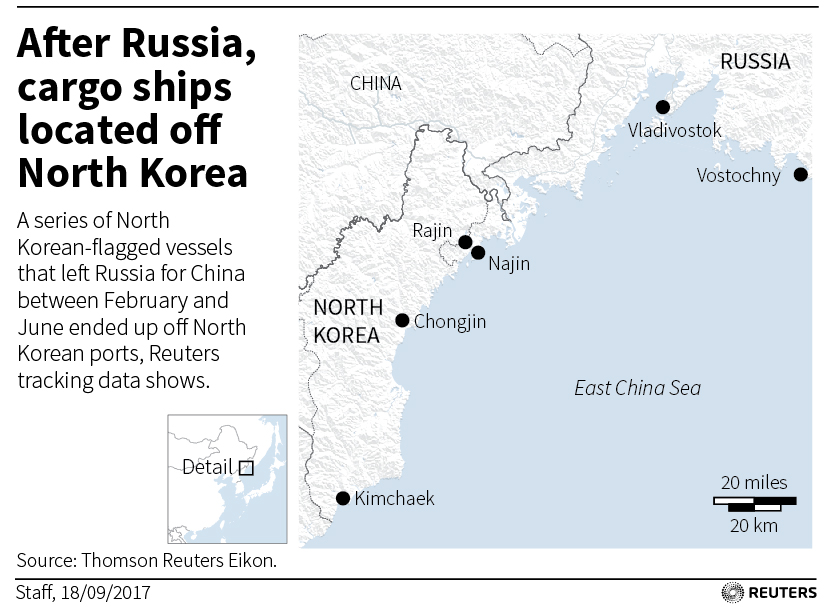
By Patricia Zengerle
WASHINGTON (Reuters) – Republican political consultant Roger Stone, a longtime ally of President Donald Trump, flatly denied allegations of collusion between the president’s associates and Russia during the 2016 U.S. election in a meeting with lawmakers on Tuesday.
In a 47-page opening statement seen by Reuters before his appearance before the House of Representatives Intelligence Committee, Stone said he viewed it “as a political proceeding” and accused some committee members of making “provably false” statements to create the impression of collusion with Russia.
After spending almost three hours behind closed doors taking questions from committee members, Stone again denied accusations that he had engaged in improper conduct during the 2016 campaign but was much more contentious than in the rambling statement.
“I am aware of no evidence whatsoever of collusion by the Russian state or anyone in the Trump campaign,” Stone told reporters.
The House panel is one of the main congressional committees investigating allegations that Russia sought to interfere in the 2016 U.S. election and probing whether any Trump associates colluded with Moscow.
Russia denies any such efforts, and Trump has dismissed any talk of collusion.
Stone said he had had a frank exchange with committee members, but described some clashes between Democrats and Republicans. He said he answered all of their questions except for refusing to identify an “opinion journalist” who had acted as a go-between between Stone and Julian Assange.
Assange is the publisher of WikiLeaks, which released emails stolen from Democrats that helped Trump’s campaign.
After Stone spoke, Representative Adam Schiff, the top Democrat on the Intelligence Committee, said Stone had declined to answer one line of questions, and the panel might have to subpoena him to return and do so.
Schiff declined to say whether those questions were related to Assange.
TIES TO TRUMP CAMPAIGN MANAGER
Stone, one of Trump’s closest political advisers in the years before he ran for president, was formerly a partner in a lobbying firm with Paul Manafort, a Trump campaign manager. Manafort has also been scrutinized in the investigations into Russia and the election. In August, FBI agents raided his home.
Stone said Manafort’s attorneys had informed his attorneys that federal prosecutors planned to indict Manafort.
Stone said he had not heard from Robert Mueller, the special counsel investigating Russian involvement in the election and possible collusion, and there were currently no plans for a similar appearance before the Senate Intelligence Committee.
Stone said he had spoken to Trump “recently,” but not about his appearance before the committee.
Mike Conaway, the Republican lawmaker overseeing the investigation, said he had no response to Stone. But he said he had watched Stone’s remarks to reporters “and they were very accurate.”
In his written statement, Stone also accused the committee of cowardice because he was not allowed to testify in an open forum. He said he wanted the transcript of his interview to be released.
“I am most interested in correcting a number of falsehoods, misstatements, and misimpressions regarding allegations of collusion between Donald Trump, Trump associates, The Trump Campaign and the Russian state,” Stone said in the statement.
U.S. intelligence agencies have concluded that Russia sought to influence the election to boost Trump’s chances of defeating former Secretary of State Hillary Clinton, his Democratic opponent.
In his statement, Stone acknowledged his reputation as a tough political strategist, but said he did not engage in any illegal activities.
“There is one ‘trick’ that is not in my bag and that is treason,” he said.
(Reporting by Patricia Zengerle; Editing by Susan Thomas and Jonathan Oatis)









